David Robertson had a distinguished playing career with Scotland, Aberdeen and Rangers, but his move into management was unlike anything he could ever have anticipated.
Indeed, the man who has now taken over at Peterhead FC admitted that if he had done any research before taking up the manager’s role at Indian football club, Real Kashmir five years ago, he might never have stepped on the plane to the subcontinent.
When he touched down in January, 2017, the former star was shocked by the sight of people walking around with guns and automatic rifles, and amazed when it started snowing heavily a few days after his arrival.
David Robertson working in a war zone
Yet, despite working in a war zone with the constant threat of military escalation and terrorist incidents – and where he grew used to situations such as opponents Minerva Punjab not turning up for a match, claiming they were scared of making the journey to Srinagar – Robertson transcended adversity to achieve great things at the club.
While he was in India, he told the Press and Journal he was “almost as passionate about the job as the fans who come to support us”.
When he arrived, Real Kashmir were an up-and-coming club, newly promoted to a league where most of the other teams had much deeper pockets and a longer-established history.
Robertson began playing football with Deeside Boys Club (now Banks O’ Dee FC) before joining Aberdeen, where he won the Scottish Youth Cup.
After becoming a first-team regular aged 17, he won a Scottish League Cup winner’s medal against Rangers in 1989 and a Scottish Cup winner’s medal in 1990 against Celtic in a match that ended with a thrilling penalty shoot-out.
Robertson moved to Rangers for £970,000 in 1991 and helped the club to the last six of their joint-record nine championship titles in a row.
He subsequently signed for Leeds United in 1997 for £500,000, but recurring injury problems curtailed his spell in England and he played only 26 league matches in four years at Elland Road.
But the Scot, who retired from football in 2001 but was back playing a year later when he was appointed player/assistant manager of Montrose, thrived against the background of social unrest in Jammu and Kashmir.
He was living in a place where violent protests erupted most weekends, where the electricity was routinely switched off and even the basics could be a struggle.
Yet, oblivious to these privations, the tough-as-teak Robertson proved he could motivate his new charges and the bosses at Balmoor in the Blue Toon will be hoping he can emulate his exploits in the weeks and months ahead.
As he said in 2019: “I have been well looked after, both by the club and the government, who have really got behind the team since we won the I-League second division title. Now we are in contention for the premier league in the coming weeks.
“It was definitely a culture shock when I landed, but it’s amazing how quickly you adapt. Sometimes, there is trouble 100km away, occasionally it gets closer to home, and you have to grow used to curfews being imposed and staying indoors most of the time.
“There are days where we can’t train because of what is happening outwith football. And you almost get used to reading about bad things in the papers.
“It’s not pleasant, of course, it isn’t, but most of the players aren’t in the habit of walking about on the streets. They stick to their PlayStations and I-Pads.
“Most days, I’ll go out for a stroll and it is a bit strange to feel the tension in the air, but it is a much tougher situation for the people who live here, because we are being well protected. That is maybe one of the reasons why football is such a passion for so many of our fans. It’s a release. An escape from what is happening elsewhere in the region.”
Robertson is a globe-trotter
Robertson’s obsession with football propelled him from Aberdeen to Glasgow, from Leeds to Elgin and on to the United States as the prelude to his Indian sojourn.
But while he had to adapt to a very unfamiliar world, far from his wife Kym, his son Mason was with him in Kashmir and was a regular in the team.
As Robertson said: “He is usually with the players and he isn’t treated any differently from anybody else, but it has made a big difference having a familiar face and it’s great that we can sit down and have a chat and talk about things beyond Real Kashmir.
“I still keep in touch with people back in Scotland and I have never forgotten my time at Aberdeen, because it was such an important part of my career.
“But, while you are doing a job, you have to put all your heart and soul into it. The club owners have been very good to me and I am grateful for that.”
House arrest during the pandemic
In 2020, the Covid outbreak left Robertson and his family stuck in a hotel for 49 days as they attempted to return to Scotland.
And, although they eventually succeeded, it was only after the sort of experiences which explain why Robertson is afraid of nothing on a football field.
He said: “Even once we had gained the permits and travel documents, it took us three days to get home. It started out with a 16-hour trip from Srinagar to Amritsar which is a terrible route, full of cows and goats, through mountains and terrifying sheer drops with hundreds of miles of single-track road.
“It’s absolutely terrifying, but there wasn’t any other way of catching our flight.
”We eventually got the plane to London, which took another 10 hours and, as you can imagine, we were shattered by the time we reached Britain. Then we arranged a minibus which took us up to Aberdeen. It wasn’t the best journey, but I am mightily relieved we are back and we are safe.”
Prior to their departure, they spent seven weeks in a hotel owned by Real Kashmir owner, Sandeep Chattoo, and Mr Robertson was sufficiently wary about the military tensions in the area, allied to the Covid-19 pandemic, not to leave the complex.
It was an ordeal which brought the family closer together.
And, now he’s back in the north-east, Robertson will be hoping he can curry favour with the Peterhead faithful without losing his spice for life.
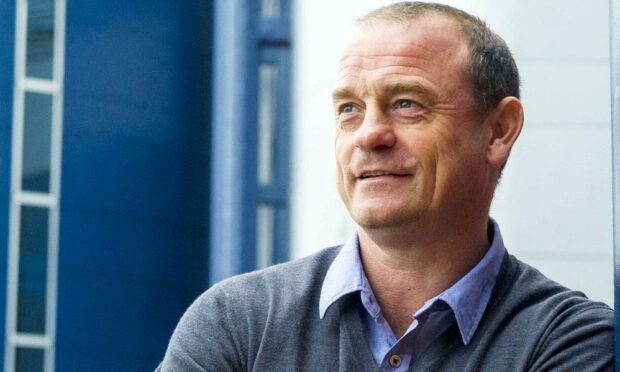
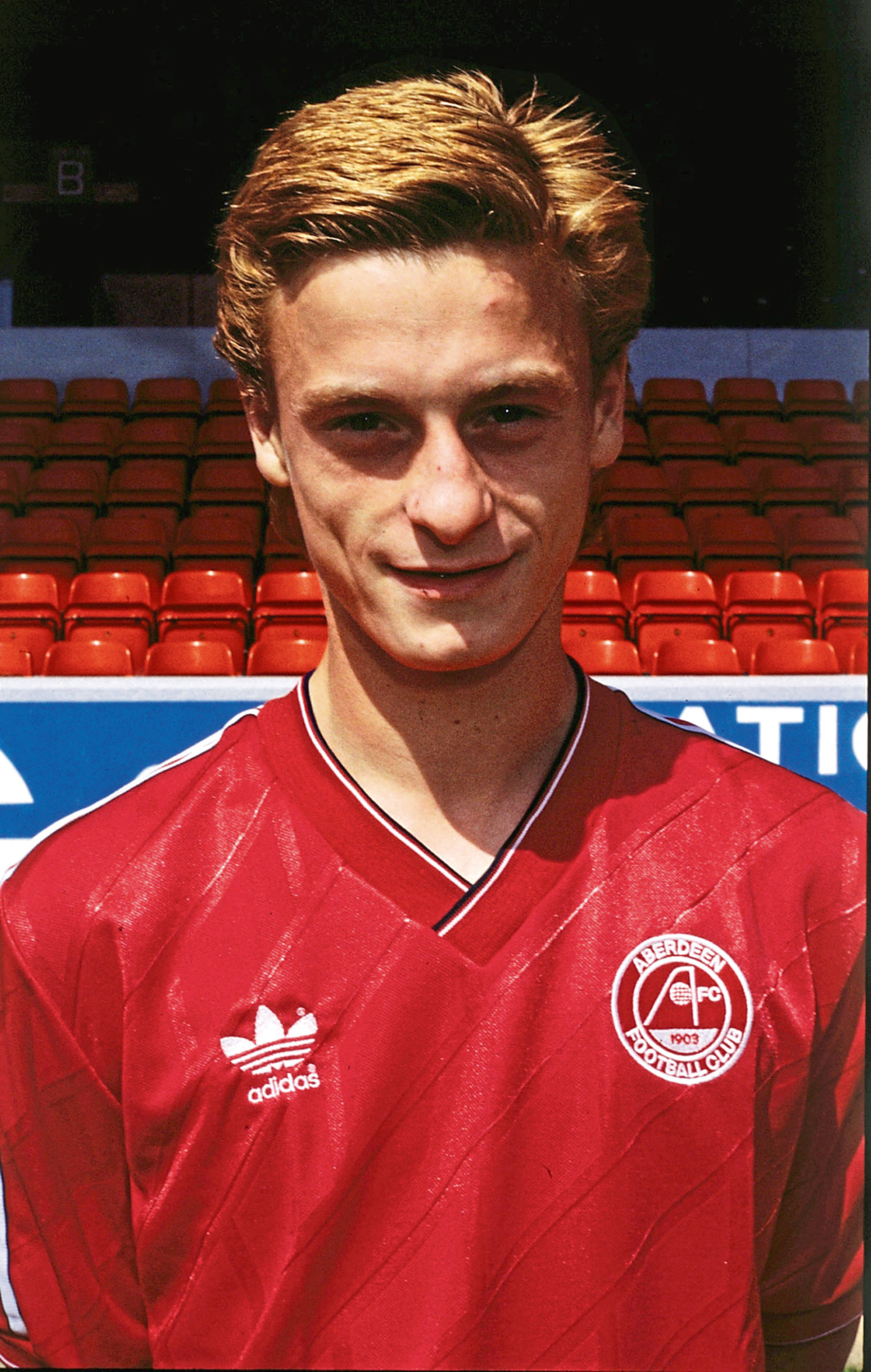
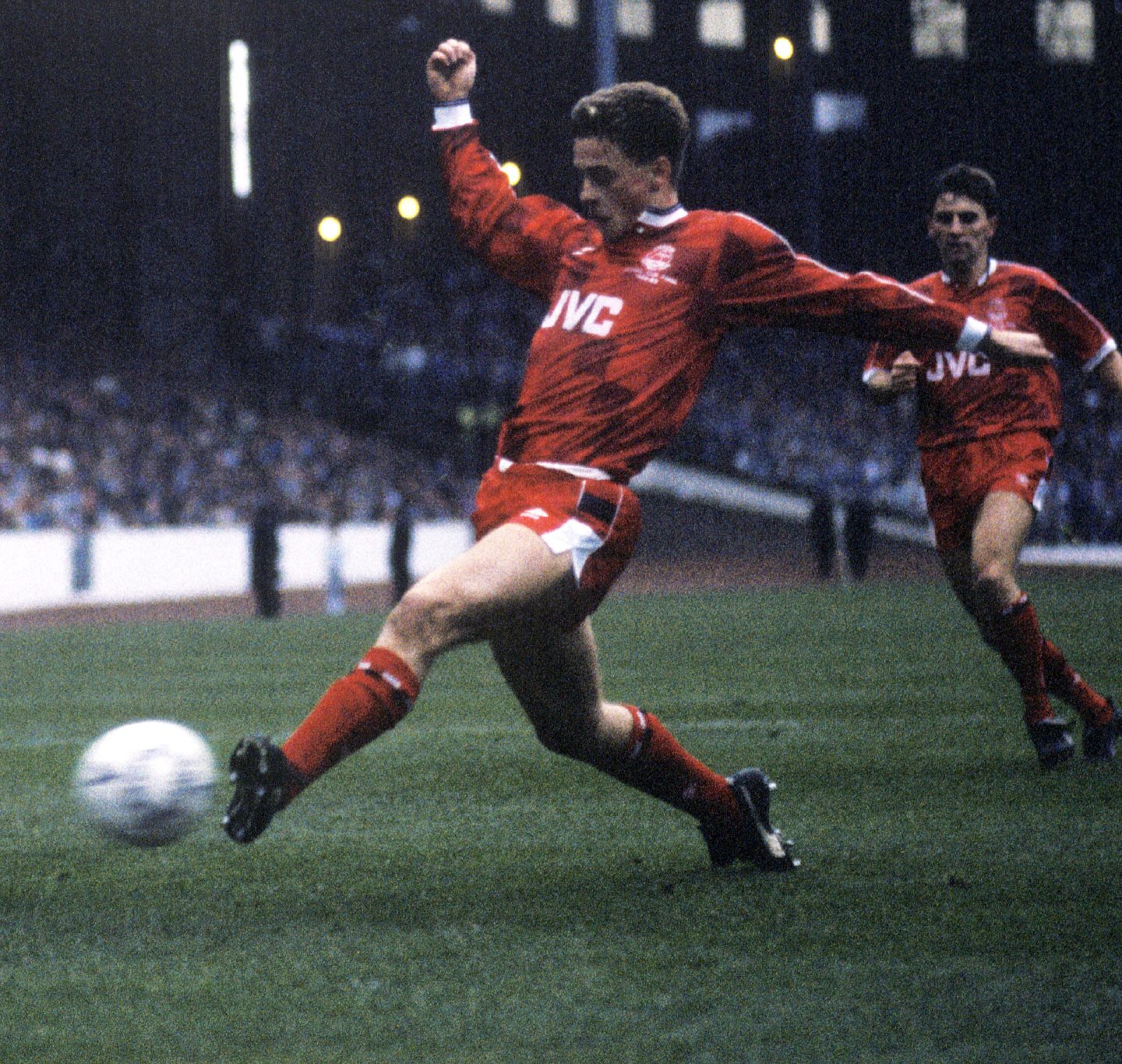
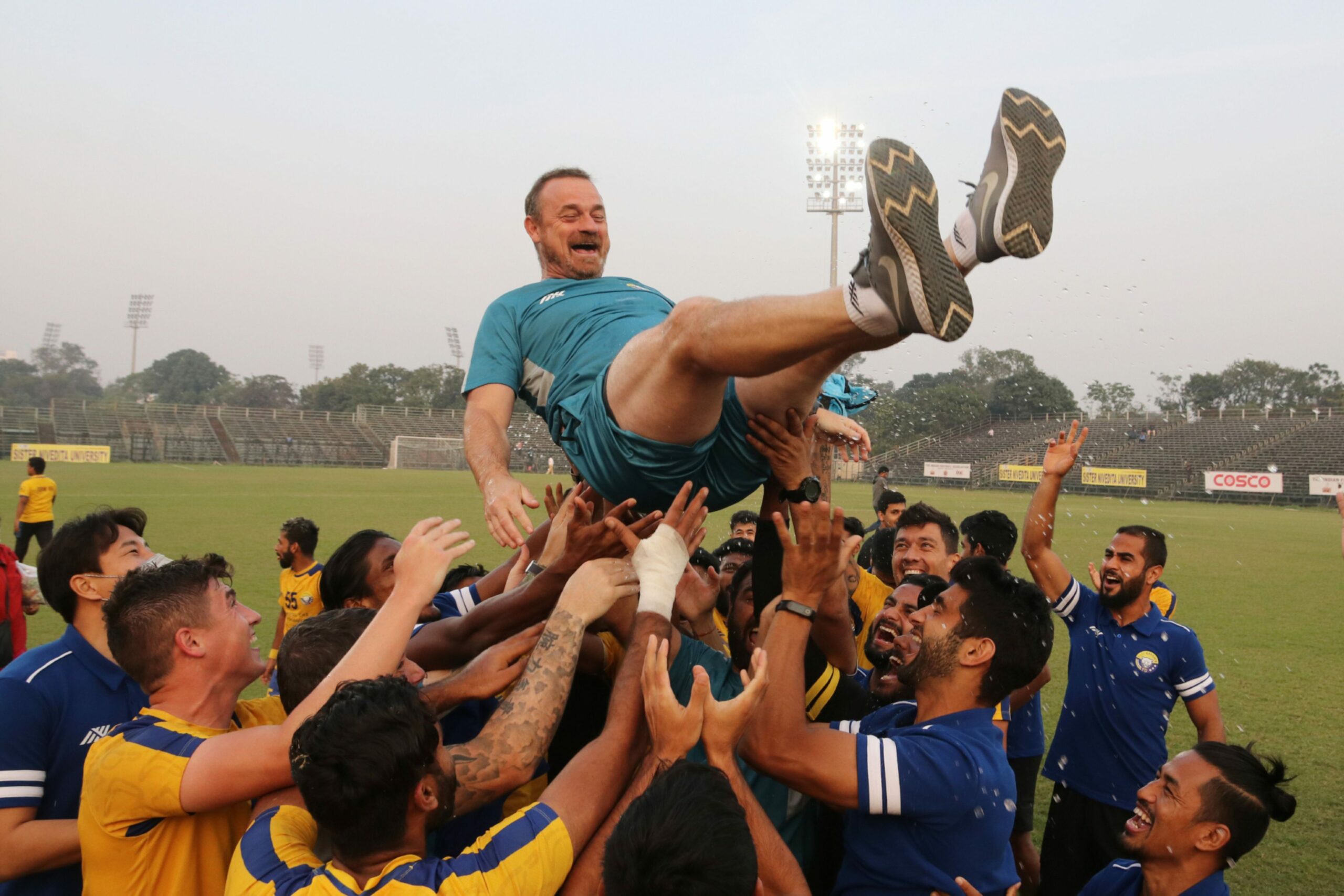
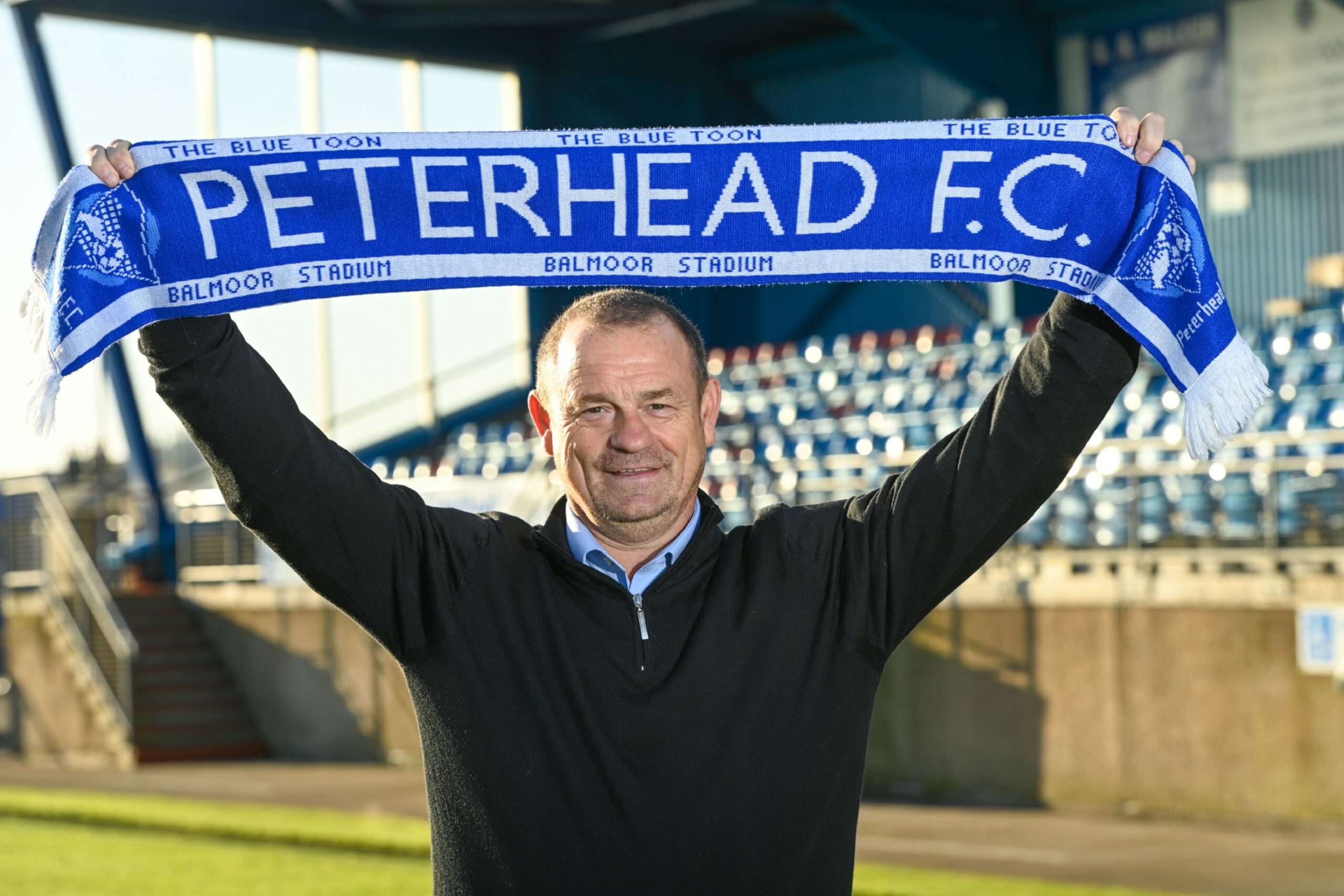
Conversation